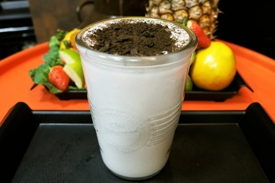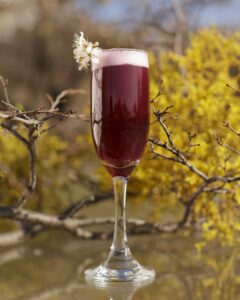Jamaican rum, Japanese sake, Scottish whiskey. Some places are known for their iconic alcoholic beverages. That’s also true with many Latin American nations. How many of the following libations have you tried?
Argentina: Malbec and Torrontes wines
The Spanish introduced grape cultivation and wine production to Argentina in the 1550s and the nation now boasts more than 1,500 wineries. Of the dozens of varieties that are produced, Malbec from the western Mendoza region and Torrontes from La Rioja, San Juan and Salta are the best known.
Chile: Carménère wine
The phylloxera plague of 1867 wiped out the Carménère grape in its native France and it was considered extinct. Until its 1994 rediscovered in Chile, where most of the cabernet-style wine is produced and bottled.
Colombia: Aguardiente
The name manes “fire water” in Spanish, but this anise-flavored sugarcane spirit goes down well at around 29 percent alcohol content. High-end versions are aged in oak barrels.
Ecuador: Canelazo
Cane alcohol is one of the main ingredients in canelazo, a homemade spirit from the Andes highlands that also contains cinnamon, cloves and possibly fruit juice.
Panama: Chicheme
Speaking of homemade concoctions, chicheme is a traditional Panamanian libation that blends hominy corn, cinnamon, vanilla, and evaporated or condensed milk. Similar to Mexico’s horchata, the fermented version is called chica de maiz or chica fuerte.
Bolivia: Artisanal Wines
Although not known for its wine production, Bolivia boasts three small wine regions (Tarija, Cinti and Santa Cruz) that produce small batch artisanal wines made with at least 10 different grape varieties including Cabernet Sauvignon, Merlot and Chenin Blanc.


0 Comments